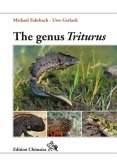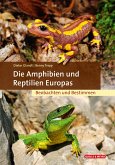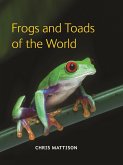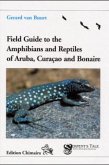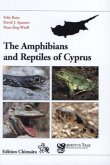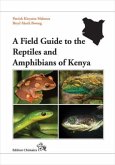Contents: Historical facts and representations of the genus Alytes (Josef F. Schmidtler), Alytes in their habitats taxonomy, evolution and ecology, Reproduction of midwife toads in the wild, Conservation of midwife toads with contributions from Steven Allain and Beatrice Gini, Husbandry and diseases of midwife toads in captivity, Propagation in captivity. Midwife toads of the genus Alytes form a small group of primarily Iberian anurans. These fascinating toads hold cultural and scientific recognition on account of their distinctive, bell-like peeping call and their unusual strategy of paternal care, all of which trumps their small, brown appearance and the rarity of encountering them in the wild. Within their range, the gentle chorus of midwife toads is synonymous with warm summer evenings and, for those who have tried to find the animals making the sounds, the frustration of hunting ventriloquists hidden in burrows and crevices. The paternal care of the male toads, which earn their common name by carrying egg clutches around their hind limbs before depositing their offspring in water when ready to hatch, is unusual per se, but especially so in the context of European anurans, in which parental care is otherwise absent.
Bitte wählen Sie Ihr Anliegen aus.
Rechnungen
Retourenschein anfordern
Bestellstatus
Storno


